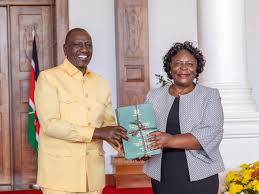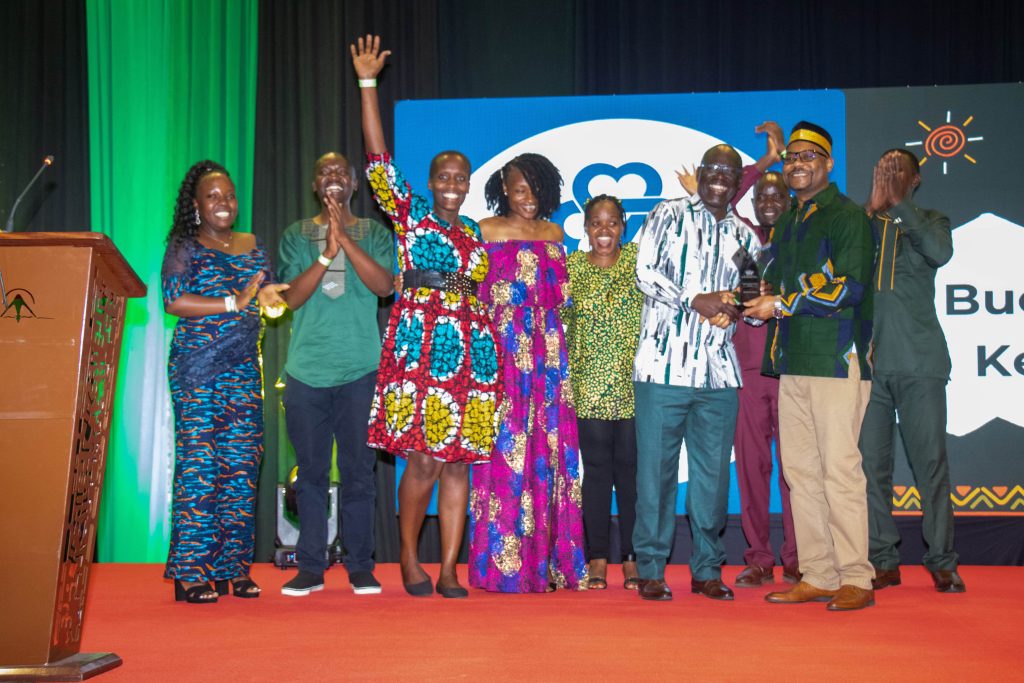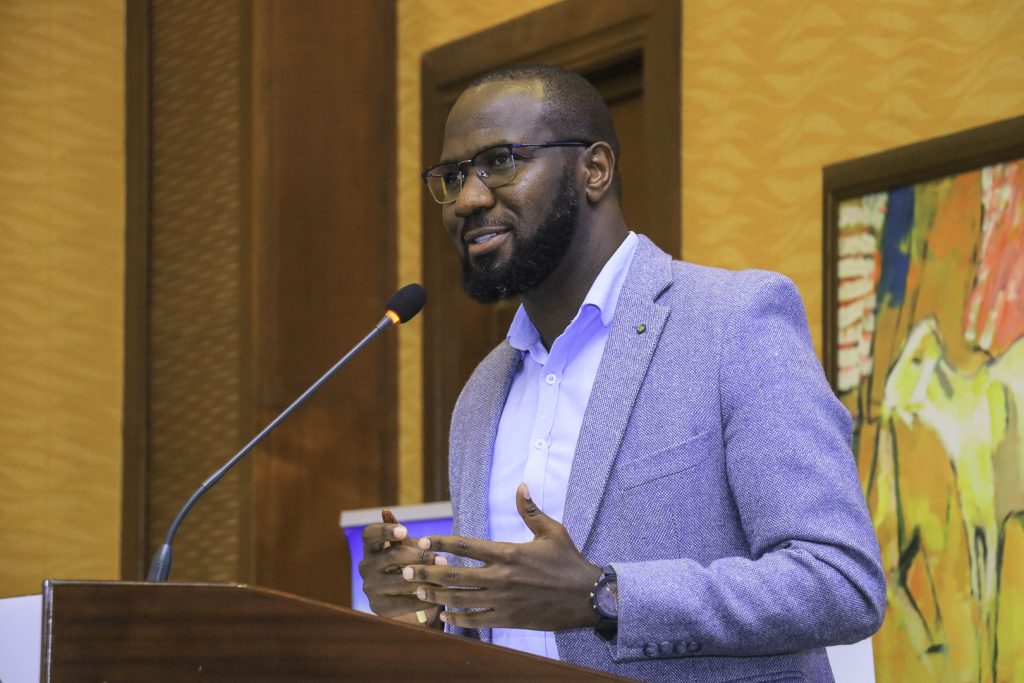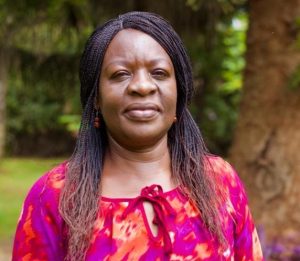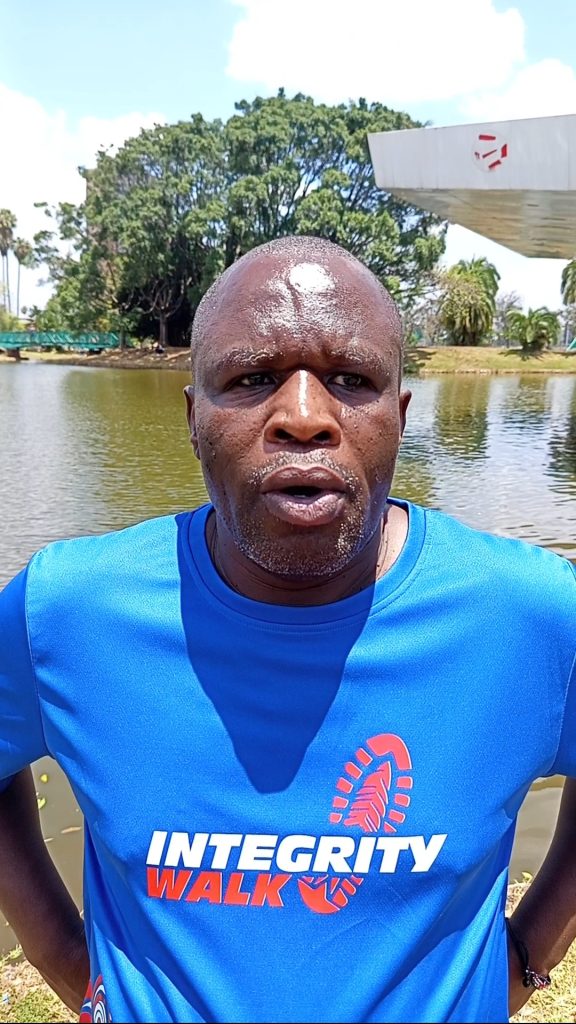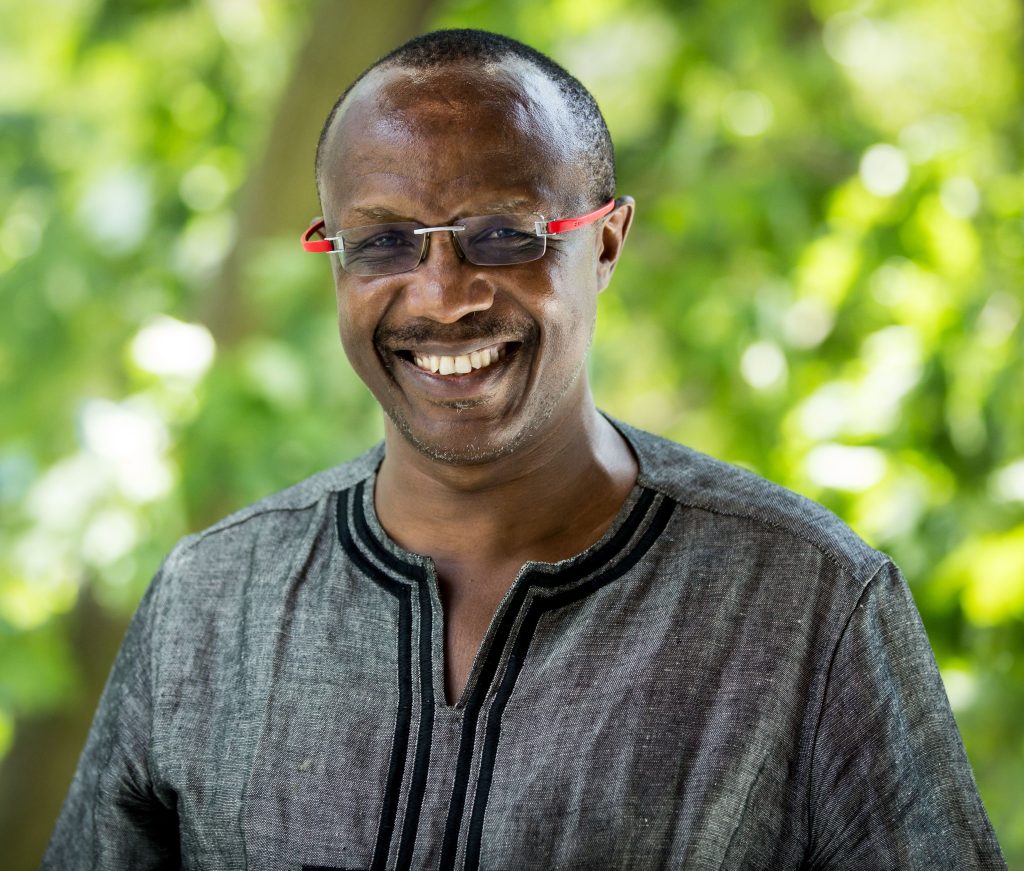By Wahome Ngatia
The energy in the room felt almost electric—part business pitch, part worshipful celebration, and part “Shark Tank” with a Kenyan Christian twist. At the Rose Women’s Foundation graduation, women who had spent six months sharpening their business acumen finally stepped onto the stage to pitch their ideas before a panel of expert judges drawn from Sinapis, NCBA Bank, and the National Council of Churches of Kenya (NCCK). For many, it was their first time selling their vision to professionals of such stature—and they rose to the moment.
The pitches were concise, well-curated five-minute presentations that required the entrepreneurs to articulate their Unique Value Proposition (UVP), annual income, growth strategy, and how their enterprise glorifies God. Much like KCB Lion’s Den, each presenter had only moments to persuade the judges that their idea was not only viable, but scalable, transformative and rooted in service.
Each entrepreneur was tasked with conducting a customer satisfaction survey with not fewer than 10 loyal buyers. They had to document the feedback, identify pain points, respond to complaints, and demonstrate how those improvements translated into increased sales, customer retention, or product enhancement. It was a practical exercise in market research, data-driven decision-making and customer-centric growth—concepts often overlooked in small business operations.
Over the six-month program—offered for free—the women attended two weekly sessions focused on hands-on financial literacy and sustainable business development. Participants learned to break down monthly income, expenses, and net profit to reflect a clear picture of their financial health. They were trained to allocate funds intentionally: reinvestment into the business, fair personal compensation, and disciplined savings. The goal was clear—build businesses that do not collapse after one setback, but grow steadily through structure, accountability and stewardship.
In keeping with Rose Women’s Foundation’s Christian ethos, each entrepreneur was expected to integrate an element of giving back to society. Whether through mentorship, community service, ethical business practices or small acts of generosity, Corporate Social Responsibility (CSR) was framed not as a corporate PR tool, but as a biblical expression of gratitude and impact. The foundation believes that business can be a ministry—and profitability and purpose do not have to be rivals.
To reinforce long-term sustainability and financial resilience, the women are encouraged to join savings and support groups, popularly known in Kenya as chamas. Through table banking, joint contributions, and pooled investment, these groups provide affordable credit, peer mentorship, and emotional support. Rose Women’s Foundation and its partners complement these efforts by topping up contributions and offering additional training—strengthening the financial safety nets of women who historically face barriers to formal banking.
It was evident from their stage presence that the participants had been coached thoroughly. They opened with compelling hooks, memorable lines and polished delivery reminiscent of spoken word or high-school drama festivals—an intentional approach to nurture confidence, clarity and charisma. Effective selling requires skill, and the ability to communicate with conviction is as critical as the product itself.
Founded by Allie Amoroso, and currently led by their Executive Director Patricia Mghendi-Otachi, the Rose Women’s Foundation model has gained attention beyond Kenya, earning the organization recognition including coverage in Forbes. With women-owned SMEs contributing significantly to Africa’s informal economy, initiatives like this are not merely benevolent—they are catalytic. They equip women with the tools to build dignified livelihoods, strengthen families, and stimulate local economies.
The result? Women who not only dare to dream, but are equipped to execute—faithfully, skillfully, and sustainably.


